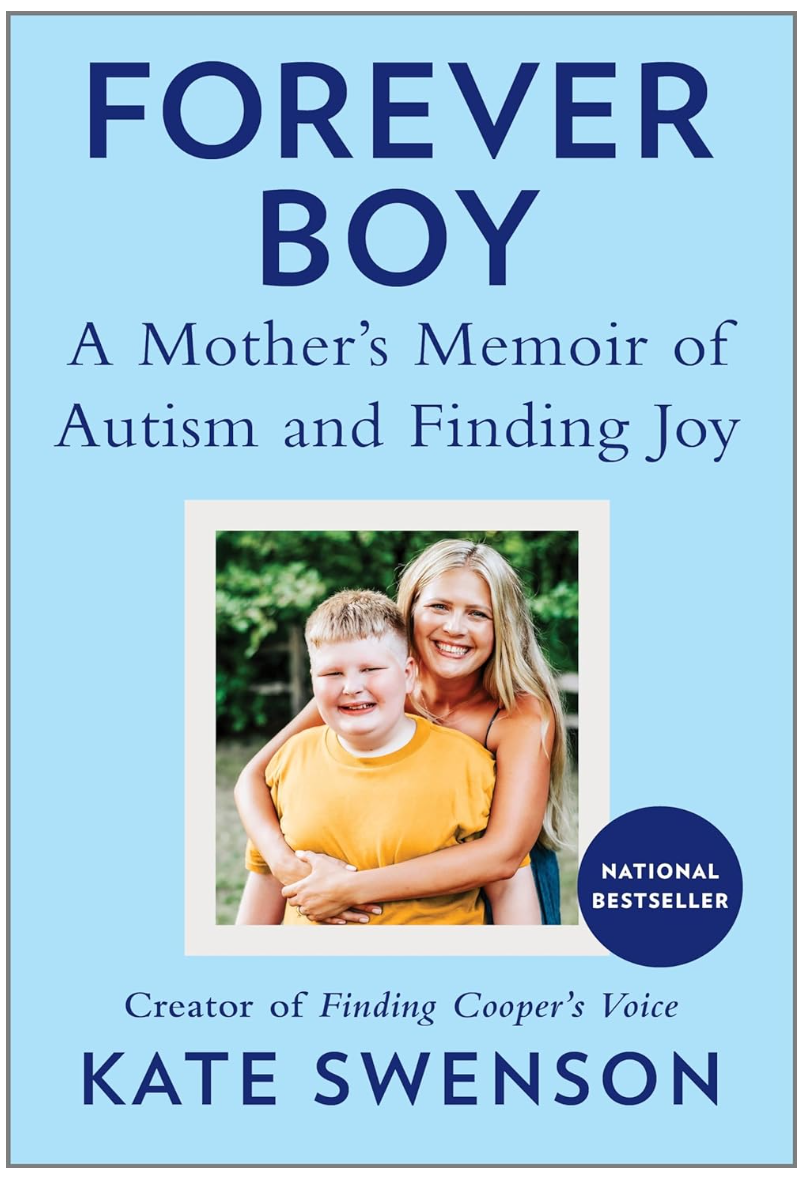People with Disabilities can be Paid as Little as $1 an Hour; And it’s Legal

When I think about my son’s future, it’s pretty unknown at this point.
As of right now, he doesn’t attend public education. Instead he receives full-time therapy that teaches him skills like sitting, stopping, listening, and playing.
It’s the best place for him. And he is thriving.
But, when we said goodbye to public education, we also said goodbye to the typical path.
If he stays where he is…he won’t graduate from high school. I’ve accepted it’s a possibility. But that doesn’t make it any easier on this mama’s heart.
There are other unknowns too.
Most kids move out, get jobs or go to college and then get jobs.
They work to survive.
I don’t know what my son will do.
I don’t know if he will be able to work. I went to a seminar once where the lady preached that everyone can work. Everyone can earn a living.
I remember just staring at her. I was angry.
She asked me what my son liked to do. I said he likes trains. She told me he could work on the railroad.

I again, just stared at her. It wasn’t worth arguing.
Anyhow, while I know the railroad is not a possibility for my son, I do hope that he can do something. Anything.
I do not want him sitting home every day after the age of 21. That sounds like a nightmare for him and Jamie and I.
I want him in the community. I want the world to know him.
I want him to be treated with respect and dignity. And to not be taken advantage of.
But then I stumble across stories like this one.
250 Workers Exploited
The U.S. Department of Labor said a Sterling nonprofit, Rock River Valley Self Help Enterprises, exploited nearly 250 workers, violated labor laws and occasionally paid workers with gift cards instead of wages.
They describe themselves as a vocational training program for people with disabilities. But essentially operated as a subcontractor for local factories, providing menial tasks to workers with developmental disabilities, such as scraping debris from metal casts.
Self Help Enterprises, has a Section 14(c) certificate, which allows them to pay workers under the federal minimum wage, based on productivity.
In addition to sometimes paying workers in gift cards, Self Help also paid them less than the minimum wage.
Paying workers with disabilities in gift cards is unlawful; paying them a subminimum wage is legal.
That’s because current law allows employers to pay as little as $1 per hour, or less, to workers with disabilities if they can’t perform a job as well as a person who is not disabled.

It’s an exemption to the Fair Labor Standards Act that has been in place for 80 years.
A statement from the department revealed that the employer tried to hide information needed for the investigation. To top it all off, the DOL also noted that Self Help could not show proof that the disabled workers were not as productive as workers without disabilities.
The agency ordered Self Help to pay two years of back wages to more than 250 workers.
There are about 153,030 workers with disabilities in the US who can be paid less than minimum wage under federal law, according to data from the Department of Labor. Some workers earn as little as 4 cents per hour.
For an employer to hire a worker with a disability and pay them less than minimum wage, they must first get permission from the Department of Labor. But they can only do so if they can show that the disability would prevent the person from being hired at minimum wage. It’s allegedly a complicated process.
Congress thought that lower wages would encourage hiring. They thought they were doing a good thing.
Bottom line, no one deserves to work for free, or for 4 cents an hour.
And people doing the same work, should be paid the same wages. Disability or not.
Most people have no idea this type of exploitation is happening. Often we high five businesses that hire people with disabilities. Never do we think we should ask if they are paying the person for their time…
While I don’t know if my son will be able to work or not, I do know that many people with disabilities just want a chance to be independent and be part of the community.

Interested in writing for Finding Cooper’s Voice? LEARN MORE
Finding Cooper’s Voice is a safe, humorous, caring and honest place where you can celebrate the unique challenges of parenting a special needs child. Because you’re never alone in the struggles you face. And once you find your people, your allies, your village….all the challenges and struggles will seem just a little bit easier. Welcome to our journey. You can also follow us on Facebook, subscribe for exclusive videos, and subscribe to our newsletter.

